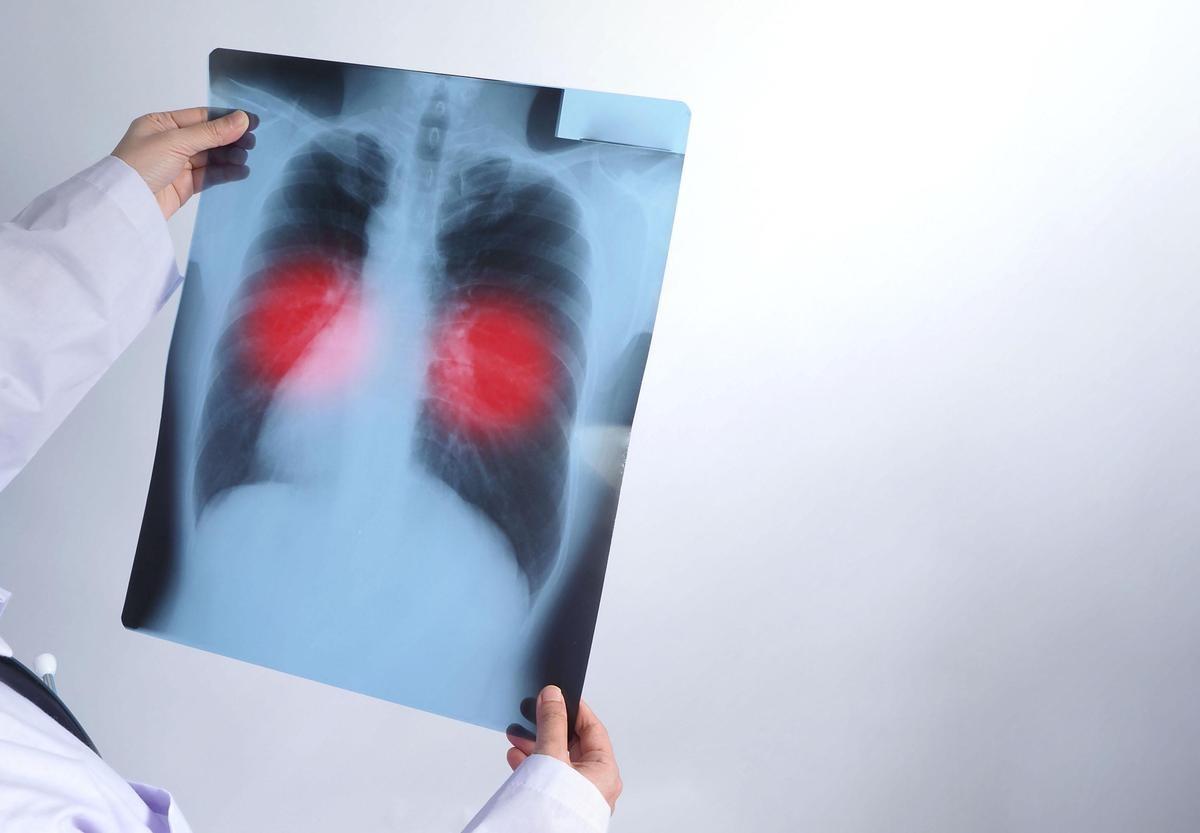
PGIMER Flags Rise In Rare Chest Infections In North India
Representational Photo
Chandigarh- A team at the Postgraduate Institute of Medical Education and Research (PGIMER), Chandigarh, has reported a significant rise in infections caused by a lesser-known bacterium that mimics whooping cough in north India, officials said on Thursday.
Pertussis, commonly known as whooping cough, is a highly contagious respiratory illness that has historically been a major cause of childhood mortality, with fatality rates reaching 10 per cent in the early 20th century, a PGIMER statement noted.
The study, titled 'Emergence of Bordetella holmesii–Associated Pertussis-Like Illness, Northern India, 2019–2023', was published in the Emerging Infectious Diseases journal (of the Centers for Disease Control and Prevention, USA) and analysed 935 suspected pertussis cases.
ADVERTISEMENTResearchers discovered that nearly 37 per cent of infections were caused by Bordetella holmesii (bacterium), surpassing the number of infections from Bordetella pertussis, which used to be relatively more common.
The most significant increase was recorded in 2023, predominantly among children aged 5-10 years in northern India, the statement said.
According to the data obtained under the ongoing surveillance programme at the PGIMER since 2015, the prevalence of B pertussis declined from 15-20 per cent to just 2-5 per cent, while infections from B holmesii rose markedly.
This shift signals an evolving pattern in the etiology of pertussis-like respiratory illness in the region, the statement said.
This long-term research was spearheaded by Dr Vikas Gautam's laboratory at PGIMER, in collaboration with Dr Prabhu Patil of the CSIR-IMTECH, Chandigarh, it said.

Legal Disclaimer:
MENAFN provides the
information “as is” without warranty of any kind. We do not accept
any responsibility or liability for the accuracy, content, images,
videos, licenses, completeness, legality, or reliability of the information
contained in this article. If you have any complaints or copyright
issues related to this article, kindly contact the provider above.


















Comments
No comment